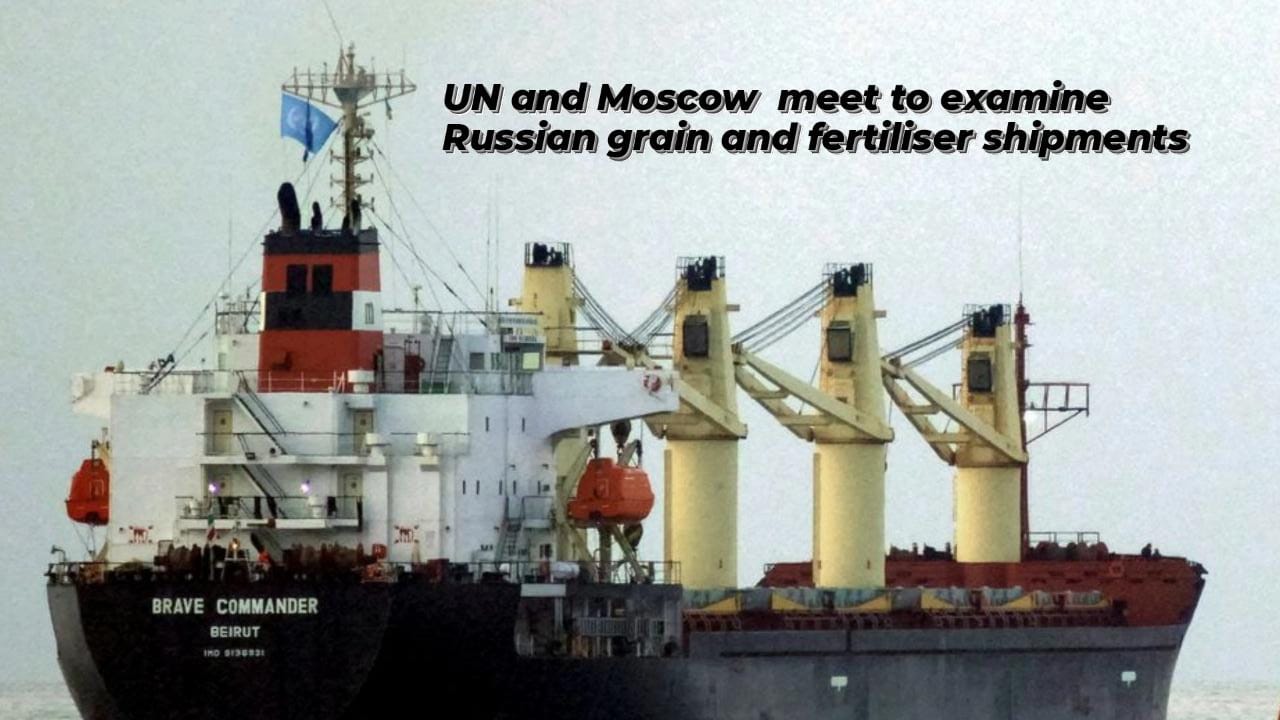
Senior United Nations and Russian officials met in Geneva on Wednesday to examine Russian allegations that Western sanctions were hampering grain and fertiliser exports, despite a United Nations-brokered agreement to increase Russian and Ukrainian shipments of the commodities.
On July 22, the United Nations, Turkey, Ukraine, and Russia reached an agreement on what U.N. Secretary-General Antonio Guterres described as a ‘package deal’ to restart Ukraine’s Black Sea grain and fertiliser exports and facilitate Russian shipments.
While the US and others have highlighted that Russian food and fertiliser are not subject to sanctions imposed in response to Moscow’s Feb. 24 invasion of its neighbour, Russia has claimed that the penalties have had a chilling impact on its exports.
According to U.N. spokesman Stephane Dujarric, senior U.N. trade official Rebeca Grynspan met with Russian Deputy Foreign Minister Sergei Vershinin in Geneva on Wednesday for a ‘positive’ discussion.
‘The negotiations are taking place at a very constructive and professional level,’ he stated. ‘The issues are very obvious, but I’m not going to go into the specifics of what was discussed around that table.’
Russia’s foreign minister, Sergei Lavrov, appealed on Tuesday for the elimination of ‘logistic sanctions that hinder Russian food and fertilisers from freely accessing world markets.’
Moscow’s criticisms came ahead of anticipated talks aimed at extending the initial 120-day agreement enabling Ukraine’s Black Sea shipments.
The agreement’s goal was to assist alleviate a global food crisis that, according to the UN, was exacerbated by Russia’s war in Ukraine, pushing tens of millions more people into poverty. Both Ukraine and Russia are significant wheat exporters.
On Wednesday, Russian President Vladimir Putin stated that the agreement was supplying grain, other food, and fertiliser to the European Union and Turkey rather than underprivileged countries.
According to the UN, the export agreement is a business, not humanitarian, transaction driven by market forces.
‘This campaign is about decreasing global wholesale pricing, and that’s what we’re witnessing,’ Dujarric explained.

Post Your Comments